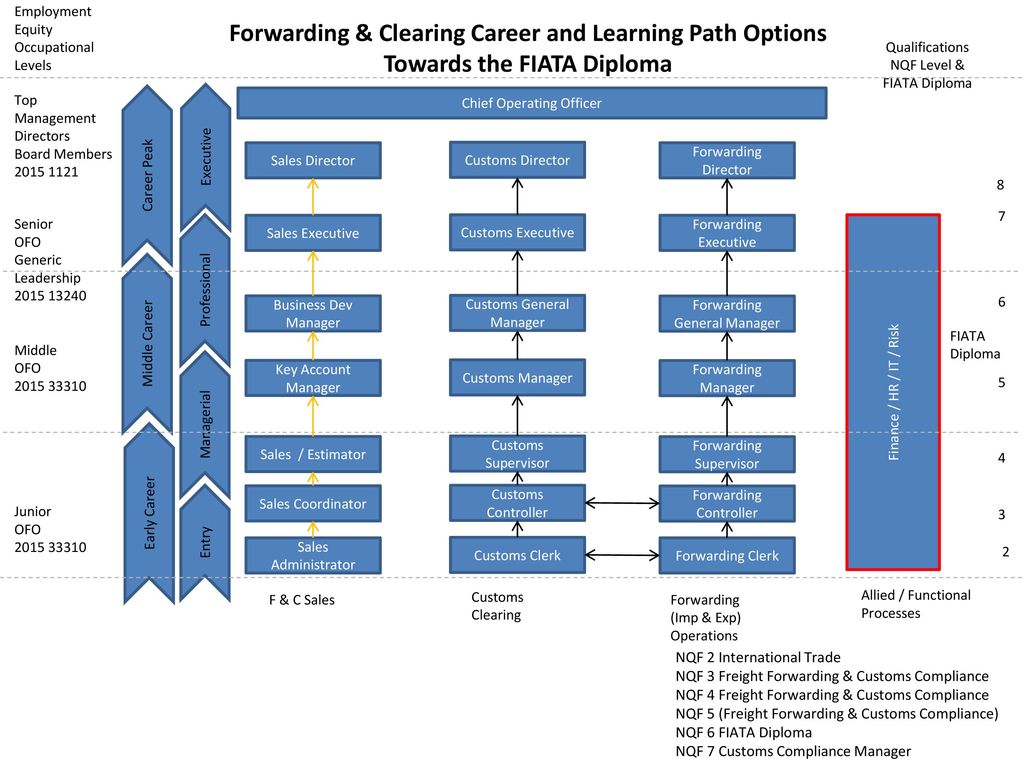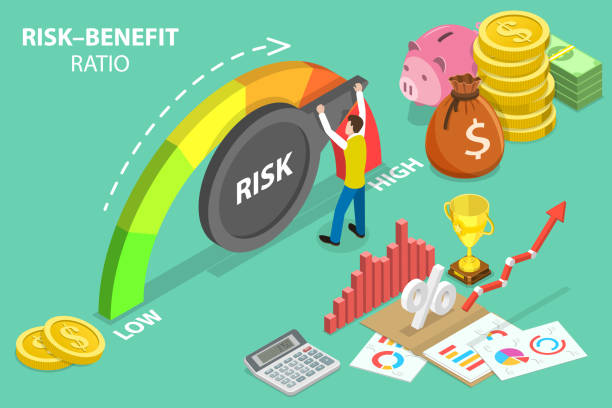
A group of people who support an institution is called a stakeholder. The Stanford Research Institute's 1963 memo first introduced the term. R. Edward Freeman developed the stakeholder theory in 1980. The valuable contribution of stakeholder is a key component to the success of an organisation.
Internal stakeholders
An organization's internal stakeholders are individuals and groups that have an interest in its success. These individuals and groups may be affected by management decisions and may lose their jobs if the organization fails, but may also get bonuses or enhanced benefits if it succeeds. These individuals and groups should be kept in the loop about any changes that may impact their lives or the lives of their loved ones.

The power, influence and importance of stakeholder are different. The importance of a stakeholder's relationship with an organization will determine the extent of their influence. An organization's ability or inability to influence the project's outcome is an indicator of how important a stakeholder can be. Priority is given to important stakeholders in organizations over less important ones.
Primary stakeholders
The primary stakeholder is someone who has a financial investment in the success of your company. They depend on you to provide income and secure their future. Their actions and investments directly influence the organization's efficiency. They are considered to be the top stakeholders. These criteria will help you identify your primary stakeholders.
Primary stakeholder: Anyone with a direct interest in the success or failure of a business. This could be positive or negative. The primary stakeholders are employees, customers and suppliers as well as shareholders. However, secondary stakeholders are not directly involved in a business but may have weak or no influence on its decisions.
Secondary stakeholders
Secondary stakeholders can be people or groups that have indirect interests in a company and have some influence on the way it operates. These include competitors, labor organizations, government agencies, or pressure groups. Their actions can impact the company's reputation, and even its future. If they have significant influence over the organization, secondary stakeholders could become primary stakeholder.

While secondary stakeholders may not be obvious to the public, such as residents in your area, they are nonetheless influential. These stakeholders will likely require additional effort to conform to local regulations. In other cases, they may have no direct interest in the success of a company, but may have a large enough effect to influence the company's decisions.
FAQ
What is Kaizen and how can it help you?
Kaizen, a Japanese term that means "continuous improvement," is a philosophy that encourages employees and other workers to continuously improve their work environment.
Kaizen is founded on the belief of everyone being able to do their job well.
What role does a manager have in a company's success?
Different industries have different roles for managers.
The manager oversees the day-to-day activities of a company.
He/she is responsible for ensuring that the company meets all its financial obligations and produces the goods or services customers want.
He/she makes sure that employees adhere to the rules and regulations as well as quality standards.
He/she designs new products or services and manages marketing campaigns.
How does a manager develop his/her management skills?
It is important to have good management skills.
Managers need to monitor their subordinates' performance.
If you notice your subordinate isn't performing up to par, you must take action quickly.
You must be able to spot what is lacking and how you can improve it.
How to effectively manage employees
The key to effective management of employees is ensuring their happiness and productivity.
It also means having clear expectations of their behavior and keeping track of their performance.
Managers need clear goals to be able to accomplish this.
They should communicate clearly with employees. They should also ensure that they both reward high performers and discipline those who are not performing to their standards.
They must also keep records of team activities. These include:
-
What was achieved?
-
What was the work involved?
-
Who did it and why?
-
Was it done?
-
Why was it done?
This information is useful for monitoring performance and evaluating the results.
Statistics
- As of 2020, personal bankers or tellers make an average of $32,620 per year, according to the BLS. (wgu.edu)
- 100% of the courses are offered online, and no campus visits are required — a big time-saver for you. (online.uc.edu)
- The BLS says that financial services jobs like banking are expected to grow 4% by 2030, about as fast as the national average. (wgu.edu)
- The profession is expected to grow 7% by 2028, a bit faster than the national average. (wgu.edu)
- Hire the top business lawyers and save up to 60% on legal fees (upcounsel.com)
External Links
How To
How can you apply 5S to your office?
To make your workplace more efficient, organize everything. A clean desk, a neat room, and a well-organized space are all key factors in ensuring everyone is productive. The five "S"'s (Sort. Shine. Clean. Separate. And Store) help to maximize space and ensure efficiency. This session will go over each of these steps and show how they can be used in any setting.
-
Sort. You can get rid of all papers and clutter, so you don’t waste time looking for what you need. This means that you should put things where they are most useful. It is a good idea to keep things near where you are most likely to refer to it. It is important to consider whether or not you actually need something. If it does not serve a purpose, get rid of it.
-
Shine. Do not keep anything that could possibly cause damage or injury to others. You might have many pens and need to put them away. It could be worth investing in a penholder. Pens won't get lost anymore.
-
Sweep. Regularly clean surfaces to keep dirt from building up on furniture and other household items. You may want to invest in some dusting equipment to ensure that all surfaces are as clean as possible. To keep your workstation neat, you can reserve a certain area for dusting or sweeping.
-
Separate. You will save time when disposing of trash by separating it into separate bins. To make it easy to dispose of the trash, you will find them strategically placed around the office. It's a great idea to place trash bags beside each bin, so you don’t have to go through tons of garbage to find what it is.